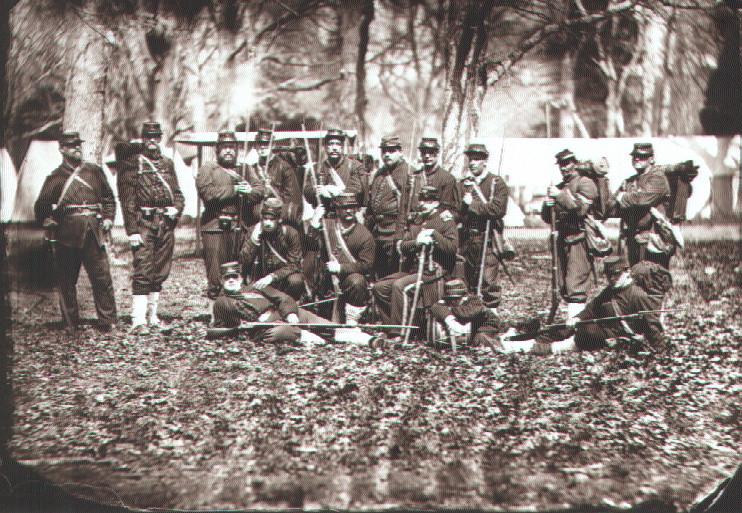| Home
Immigration
Hometowns
Voyage
Arrival
Life in Brooklyn
History
Neighborhoods
Occupations
1850 - 1900
1900 - 1950
1950 - 2000
Assimilation
Family
Migration
BrooklynToday
Research
Family Tree
Bibliography
Guest Book
Back to Geocities |
|
Occupations: 1850-1900Home
- Most people still had close relatives in Europe. Houses
served as entry points for new arrivals.
- Men came first to the U.S. and their families came later. As
a result, many lived in boarding houses and did not have stable addresses.
- Since immigration patterns were not established, some new
immigrants tried out a couple of locations. a couple of my relatives tried out rural
locations in New Jersey and Upstate New York before settling in Brooklyn.
School
- Public schools were focused on the assimilation process. In
1896 the NYC commissioner said the purpose of schools was to obliterate "all the
distinguishing foreign characteristics and traits…as obstructive , warring and
irritating elements".
- Children did not stay in school long. In the O'Neill family,
the eldest two daughters at 13 and 16 were working, the 10 year old was in school and the
6 year old at home.
Self Employment
Grocer
Agriculture
Farmer
- People were still farming in Brooklyn during this period
although none of my relatives were amongst them.
- John Kenney, Farming on Long Island
- Francesco Blumetti, Farming in NJ in Union County
Public Service and Transportation

Brooklyn Officer
# 146
Railroad Flag man
Manufacturing
Bootblack
Laborer
- Pietro Pomarico, 1900
- While, the Irish had once dominated the building trades, by
1897 about 75% of the construction workers in New York City were Italian immigrants.
- In 1910, pick-and shovel laborers earned about $1.75/day,
skilled workers $2.75
- Stonecutters and artisans were better paid and able to rise
to middle-class living standards making about $4.50/day.
Service Industries
Servant
- Margaret O’Neill,1880,age 16
- Ellen(Nellie) O'Neill, 1880, age 13
Armed Services

14th Brooklyn New York State Militia
company E
US Army
- Brooklyn was not eager to participate in the civil war and
was the site of riots during this period.
- There was a platoon from the area called the 14th Brooklyn New York State
Militia company E.
Italian Army
- Italian men under age 60 still have a military obligation
even if they emigrate.
- Pasquale Pomarico went back to fulfill that obligation,
possibly more than once.
|
![]()

